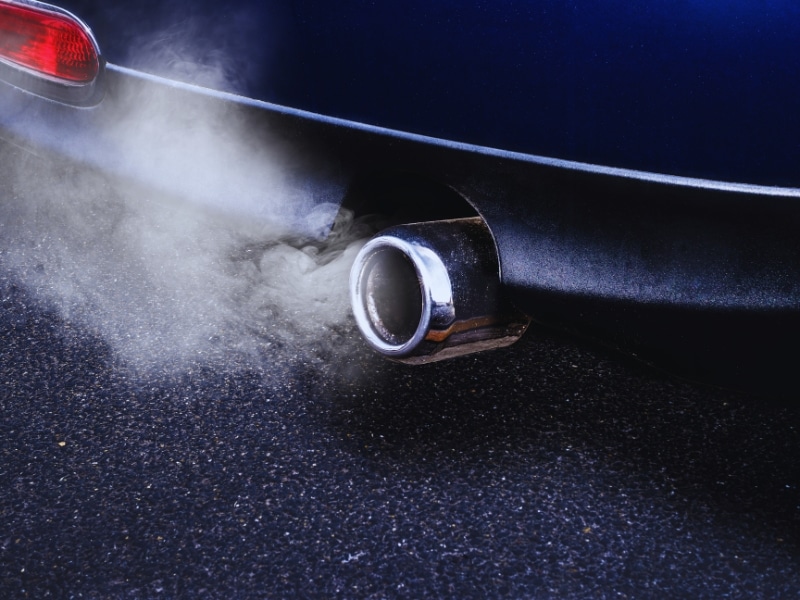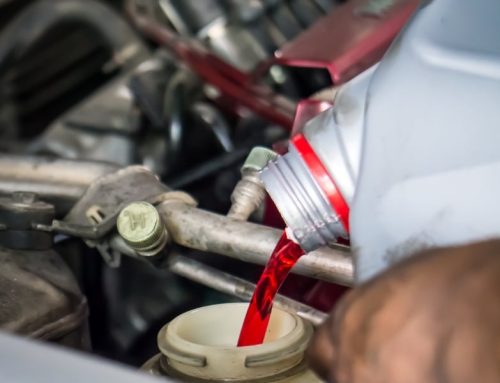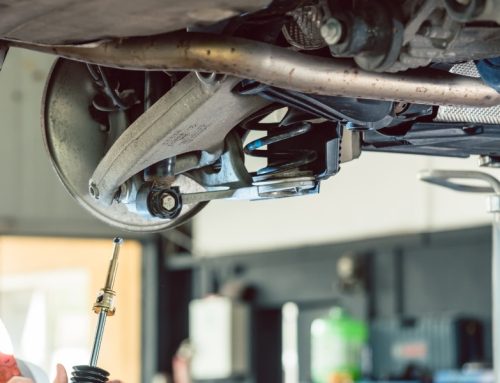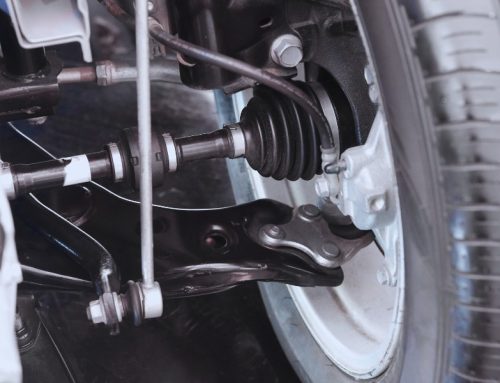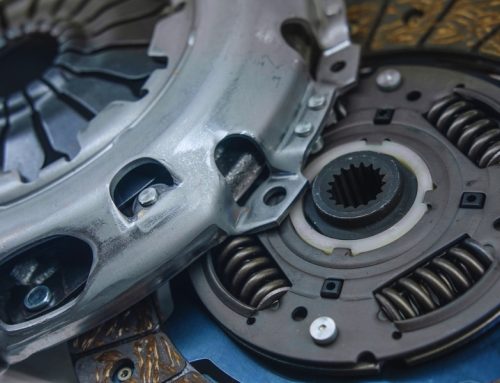Seeing white smoke billowing from your diesel engine’s exhaust can be worrying. It often signals an underlying issue that needs attention. But don’t panic just yet. This guide will break down what could be causing the white smoke from the diesel engine and what you can do about it.
What is white smoke from a diesel engine?
White smoke from a diesel engine typically indicates that water or coolant is entering the combustion chamber. This can signify several problems, but it’s essential to diagnose the root cause accurately to find a lasting solution.
How can you diagnose smoke issues in a diesel engine?
Pinpointing the exact cause of white smoke can be tricky. Here are some steps to help you narrow down the possibilities:
- Observe the smoke colour and consistency: Is it a thick, white cloud or more of a vapour?
- Check the engine temperature: Is the engine overheating?
- Monitor engine performance: Are there other issues like power loss or rough idling?
- Inspect for leaks: Look for coolant or oil leaks around the engine.
What are the common reasons for smoke emissions in diesel engines?
Several factors can lead to white smoke from your diesel engine. Here are some common culprits:
- Faulty head gasket: This is a common cause of white smoke. A blown head gasket allows coolant to mix with combustion gases.
- Cracked cylinder head or block: Similar to a faulty head gasket, cracks in these components can let coolant into the combustion chamber.
- Worn piston rings or cylinder walls: This can lead to low compression and incomplete combustion, resulting in white smoke.
- Injector problems: Faulty injectors can cause excessive fuel to enter the cylinders, leading to white smoke.
How does the fuel system impact white smoke emissions?
The fuel system plays a crucial role in engine performance. Issues with the fuel system can contribute to white smoke.
- Contaminated fuel: Water or other contaminants in the fuel can cause problems.
- Fuel injector issues: Clogged or faulty injectors can affect fuel delivery and combustion.
- Fuel pump problems: A malfunctioning fuel pump can disrupt the fuel supply.
Can you prevent diesel engines from producing white smoke?
While it’s impossible to prevent white smoke completely, regular maintenance can significantly reduce the risk.
- Use high-quality diesel fuel: Contaminants in fuel can cause issues.
- Regular oil and filter changes: Keep your engine in optimal condition.
- Coolant system checks: Monitor coolant levels and look for leaks.
- Injector cleaning: Regular cleaning can prevent injector problems.
How can injector problems lead to smoke emissions?
Injectors are vital components in a diesel engine. Issues with them can cause various problems, including white smoke.
- Clogged injectors: This can prevent proper fuel distribution.
- Worn injectors: Over time, injectors can wear out, affecting performance.
- Incorrect injector timing: Improper timing can lead to incomplete combustion.
What should you do if smoke persists after repairs?
If the white smoke doesn’t disappear after repairs, it’s essential to investigate further.
- Seek professional help: A skilled mechanic with expertise in diesel engines can accurately diagnose the underlying cause of the white smoke. They possess the knowledge and tools to pinpoint the problem efficiently.
- Consider engine compression test: This can help reveal potential piston ring or cylinder wall issues that might contribute to the ongoing white smoke.
- Inspect other components: While the initial repairs might have addressed one problem, other elements could be causing or exacerbating the white smoke issue. A comprehensive inspection can help identify any additional problems.
How does engine temperature influence smoke emission?
Engine temperature is crucial to how efficiently your diesel engine burns fuel. It can lead to that pesky white smoke when things aren’t quite right.
- Cold start smoke: It’s normal to see a bit of white smoke when you first start a cold engine. This is because the fuel has yet to vaporize fully. As the engine warms up, the smoke should clear. If it doesn’t, there might be a more significant issue.
- Overheating: Running your engine too hot is bad news for several reasons, including smoke. When an engine overheats, it can disrupt the delicate balance of fuel and air needed for complete combustion. This imbalance can lead to unburned fuel escaping as white smoke. Overheating can also damage other engine components, such as the exhaust gas recirculation (EGR) system, so it’s essential to address it quickly.
Is smoke normal during a cold start?
A small amount of white smoke during a cold start is often harmless. It’s caused by unburned fuel and disappears as the engine warms up. However, excessive smoke or smoke that persists is a cause for concern.
How can engine oil affect smoke emissions?
Engine oil plays a crucial role in engine lubrication and protection.
- Oil contamination: Engine oil should remain clean and free from contaminants. Coolant or fuel can disrupt the engine’s delicate balance if they find their way into the oil.
- Excessive oil consumption: Burning oil is a common cause of blue or grey smoke. Worn piston rings, valve seals, or cylinder walls can allow oil to seep into the combustion chamber.
- Oil quality and viscosity: Using the wrong type or viscosity of oil can lead to problems. Incorrect oil can affect engine performance, including combustion efficiency.
- Oil sludge: Engine oil can break down and form sludge over time. This thick, gummy substance can clog oil passages and reduce engine efficiency.
If you’re experiencing white smoke from your diesel engine, addressing the issue promptly is essential to prevent further damage.
Don’t let white smoke cloud your driving experience. At Port Phillip Automotive, we’re diesel engine experts. Our skilled mechanics have the knowledge and tools to diagnose and repair various diesel engine issues, from pesky injector problems to serious head gasket failures. We offer comprehensive diesel engine repair services tailored to your vehicle, ensuring it gets back on the road running smoothly. Don’t risk further damage or inconvenience. Contact Port Phillip Automotive today to book a service and let us restore your diesel engine to peak performance.

